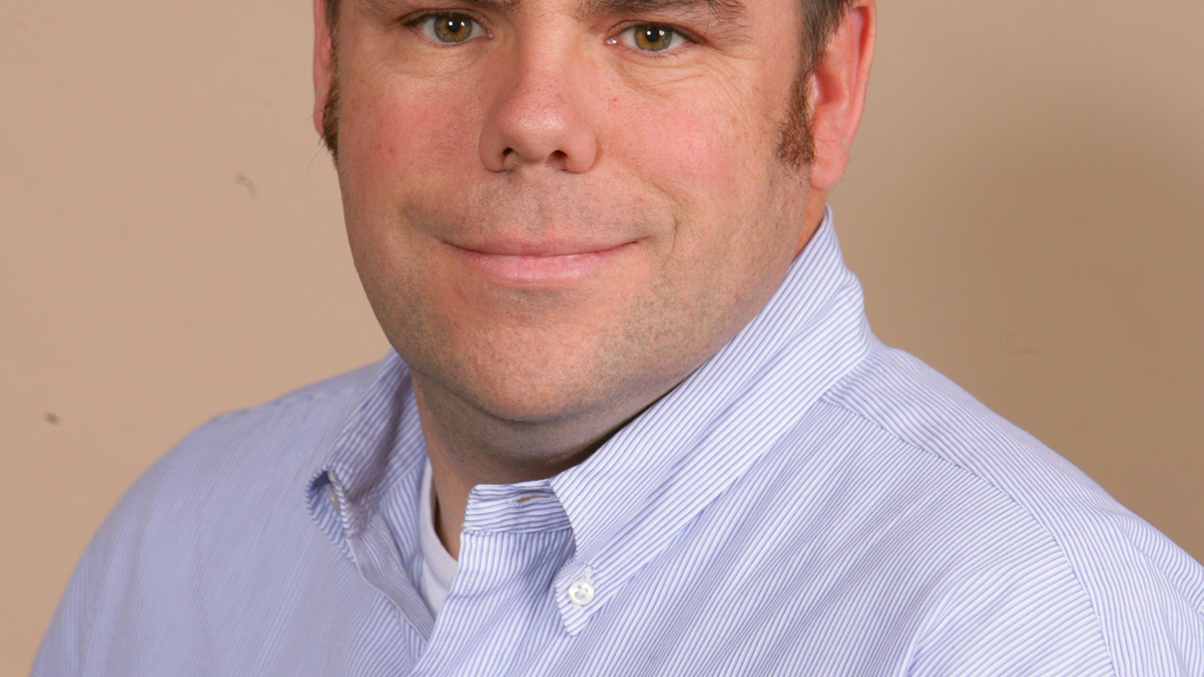Farmland, the ultimate flight to quality?
The answer is in the soil, it seems. Acquiring land may be a rewarding answer for investors.

Real assets such as farmland are now regarded as a store of value amid doubts over the quality of other financial assets. China is buying up farmland internationally and paying prices that others can't afford.
Sign in to read on!
Registered users get 2 free articles in 30 days.
Subscribers have full unlimited access to AsianInvestor
Not signed up? New users get 2 free articles per month, plus a 7-day unlimited free trial.
¬ Haymarket Media Limited. All rights reserved.


